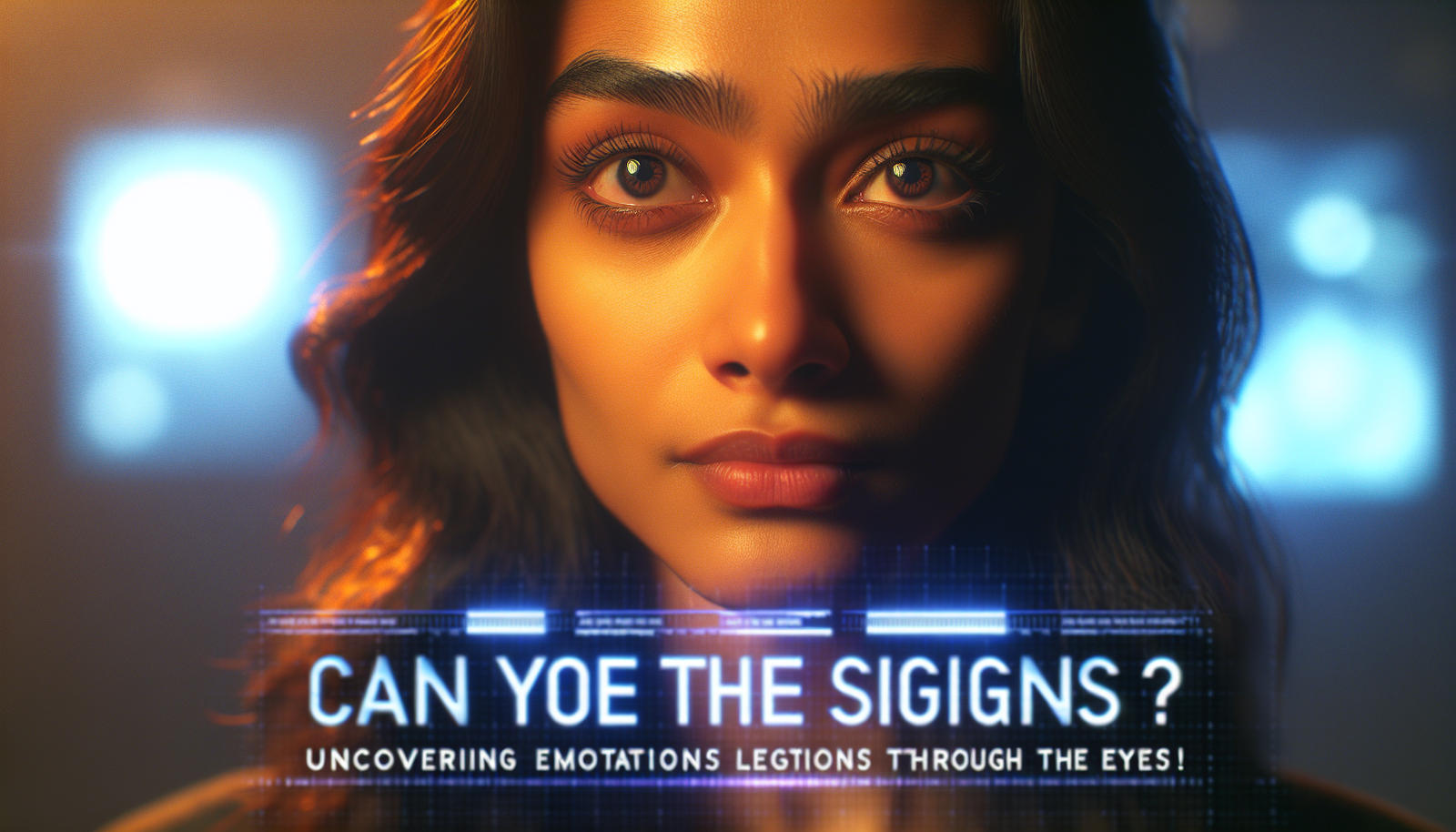The early detection of depression represents a major challenge in mental health. Advances in technology now allow for the analysis of facial expressions to identify signs of psychological distress. Thanks to artificial intelligence, it is becoming possible to utilize the front camera of smartphones to capture individuals’ emotional unconsciousness.
This revolutionary method is not limited to simple facial recognition. It relies on the analysis of subtle cues to evaluate the dynamics of emotions. Researchers are working tirelessly to provide a tool that helps better understand and manage depressive disorders.
Evolving rapidly, this technological approach paves the way for a new era in screening for mental disorders, radically transforming the way we address psychological health.
Detection of depression through artificial intelligence
Technology is evolving quickly, offering innovative solutions for detecting mental disorders, including depression. A recent application, called MoodCapture, uses the front camera of smartphones to analyze facial expressions as well as the user’s environment. With integrated artificial intelligence, the application is capable of interpreting emotional cues dynamically.
How MoodCapture works
MoodCapture captures real-time images, focusing on users’ expressions. Early analyses have demonstrated the application’s ability to recognize various emotional states, based on the dynamics of the observed faces. The AI, using advanced facial recognition algorithms, assesses the sincerity and variations of displayed sadness.
Technological tools in action
Using MoodCapture simply involves pointing the smartphone camera at one’s face. The visual data is then processed by sophisticated AI models, allowing for the identification of early signs of depression. This approach could revolutionize screening, making it accessible to everyone without the need for immediate medical consultation.
Implications for mental health
The application addresses a key issue: the early screening of depressive disorders. Automatic emotion recognition proves to be a promising tool, providing preventive support to vulnerable individuals. MoodCapture thus allows those affected to maintain a certain control over their emotional state.
Perspectives of artificial intelligence in psychiatry
Researchers and engineers see MoodCapture as a potentially revolutionary tool. By using visual analysis, the application offers an alternative to traditional methods of screening for depression. Moreover, it could provide valuable insights into the evolution of mental disorders, enabling more tailored follow-up and treatment.
Risks and ethical considerations
Technological advancements must be approached with caution. The collection of personal data and users’ privacy raises significant ethical questions. A balance must be found between technological innovation and respecting individuals’ privacy.
Frequently asked questions
How can AI detect depression from facial expressions?
Artificial intelligence uses algorithms to analyze facial expressions captured by a smartphone camera. By observing cues such as furrowed brows, mouth movements, and other features, AI can assess the user’s emotional state.
What technology is used for analyzing facial cues in depression detection?
The technology used is similar to that of facial recognition. It relies on deep neural networks trained to identify and interpret human emotions from facial images.
What are the benefits of using an application like MoodCapture to monitor depression?
This application allows users to maintain control over their emotional state. It offers a self-assessment tool, promoting early awareness of depressive symptoms, which can facilitate quick access to appropriate support resources.
Can the application function in different environments?
Yes, the MoodCapture application is designed to work in various environmental contexts. It takes into account lighting variations and other external factors that may influence captured facial expressions.
What type of data does the application collect about the user?
The application primarily collects facial images, as well as environmental and emotional data over time. This data allows it to perform analyses and predictions regarding the user’s mental health status.
Is emotion analysis accurate with this technology?
The accuracy of emotion analysis by AI depends on several factors, including the quality of the camera used, lighting conditions, and the diversity of observed emotions. Generally, current technologies show promising results, but they do not replace professional clinical diagnosis.
What is the duration of the analysis performed by the application?
The analysis is generally quick, taking seconds to minutes depending on the complexity of the elements to be evaluated. Users can receive instant feedback based on the analysis of facial expressions.
Are personal data protected when using the application?
Yes, the developers of MoodCapture have implemented security measures to protect users’ personal data. Information is often processed anonymously and is not shared without the explicit consent of the users.






